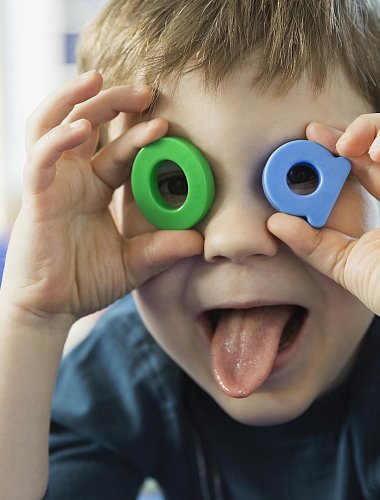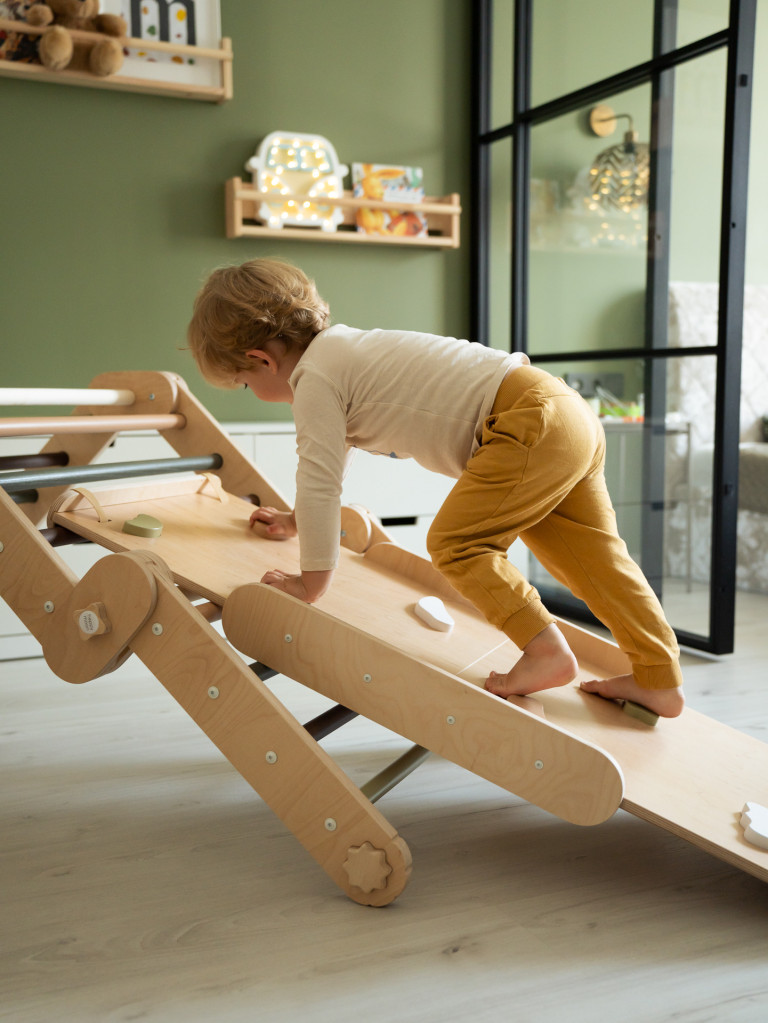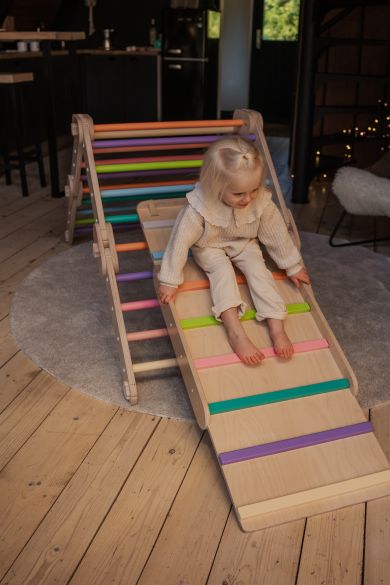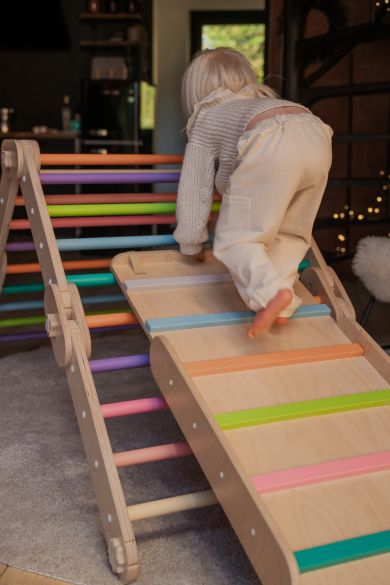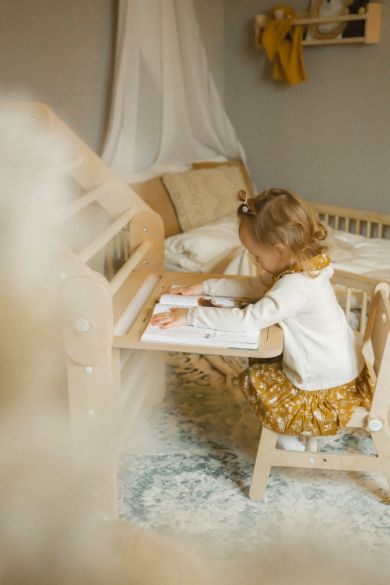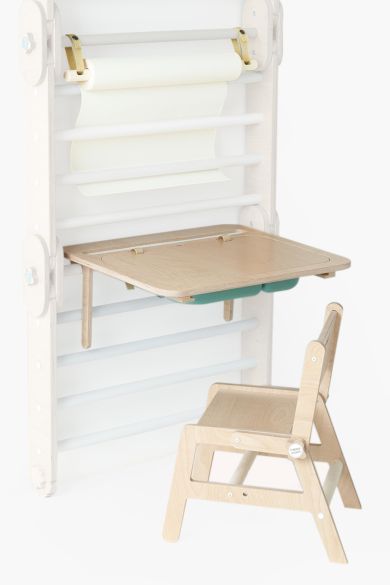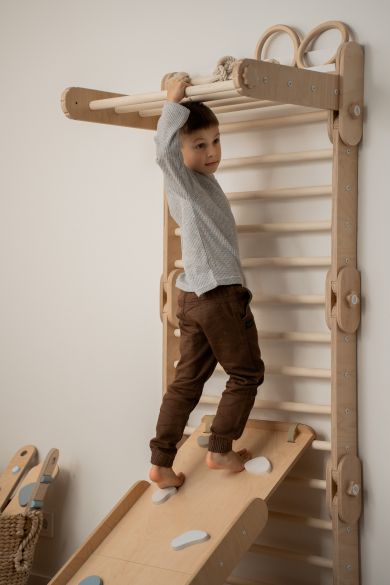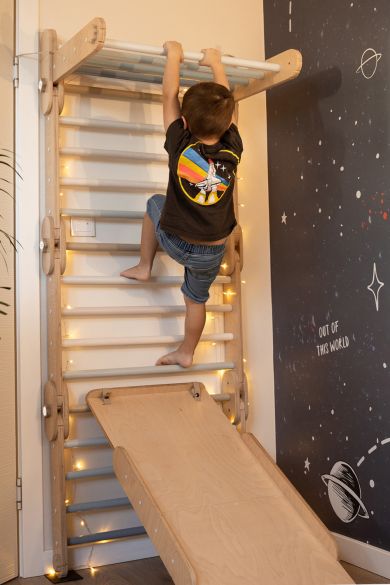
What is Hyperactivity?
Hyperactivity involves excessive movement, restlessness, fidgeting, and a short attention span, often leading to trouble sitting still, impulsive behavior, or boredom. Parents must understand that these behaviors can be a normal part of childhood development.
Hyperactivity vs. ADHD: Key Differences
It’s important to understand the difference between typical hyperactivity and Attention Deficit Hyperactivity Disorder (ADHD). HHyperactive children may have bursts of extreme energy but can also calm down and focus at other times. ADHD, however, is a neurodevelopmental condition where symptoms such as inattention, impulsiveness, and hyperactivity are persistent across various environments—home, school, and social settings—and interfere with daily life. If these symptoms are ongoing, it's advisable to consult a healthcare professional for evaluation and guidance.

Challenges of Parenting a Hyperactive Child
Parenting a hyperactive child can be overwhelming, both physically and emotionally. It often involves constant monitoring, repeated reminders, and difficulty managing the child's behavior in social situations. These demands can lead to exhaustion and frustration for parents, especially when they feel that typical strategies are not effective. Recognizing these challenges as normal and seeking support through professional help or support groups can provide helpful tools and a sense of community.
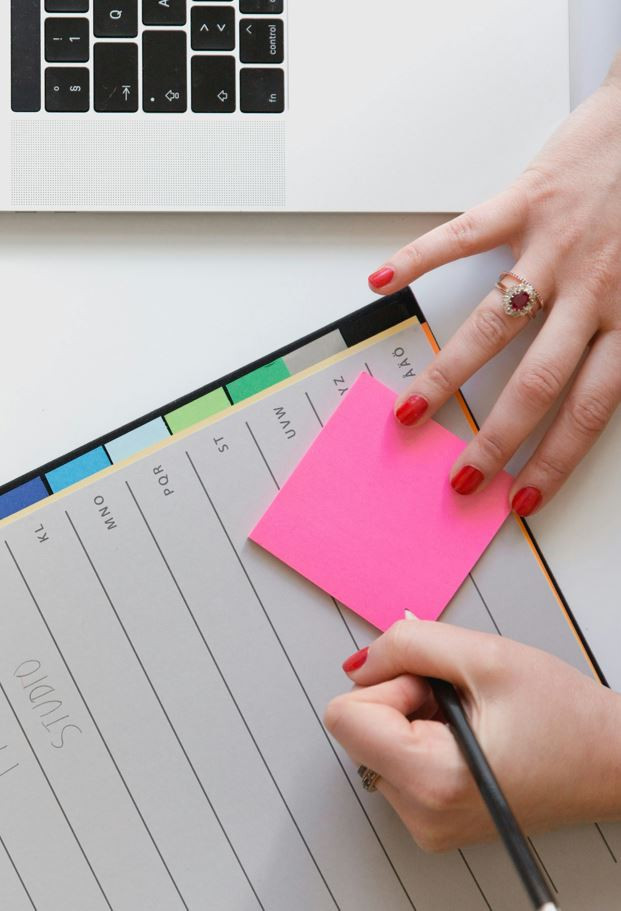
Creating a Consistent Routine
Establishing a consistent daily routine is one of the most effective ways to manage hyperactivity. Structured routines help children know what to expect, which can reduce anxiety and improve behavior. For example, try creating a fun ‘daily routine map’ to display on the wall. A daily schedule could include breakfast, playtime, quiet activities like drawing or puzzles, outdoor play, meals, and bedtime rituals. Consistency helps children transition more smoothly between activities, and having predictable expectations helps them feel secure and in control.
Introduce short breaks—such as a quick stretch, dance, or breathing exercise—to help recharge energy. Make it a mini-game that kids look forward to as a ‘mind reset.
Structured Physical Play to Channel Energy
Hyperactive children need ample opportunities to move, especially in structured ways that allow them to release energy positively. Engaging in outdoor activities or creating an indoor play area with climbing toys can help. Structured physical play channels excess energy and helps improve focus and regulate emotions.
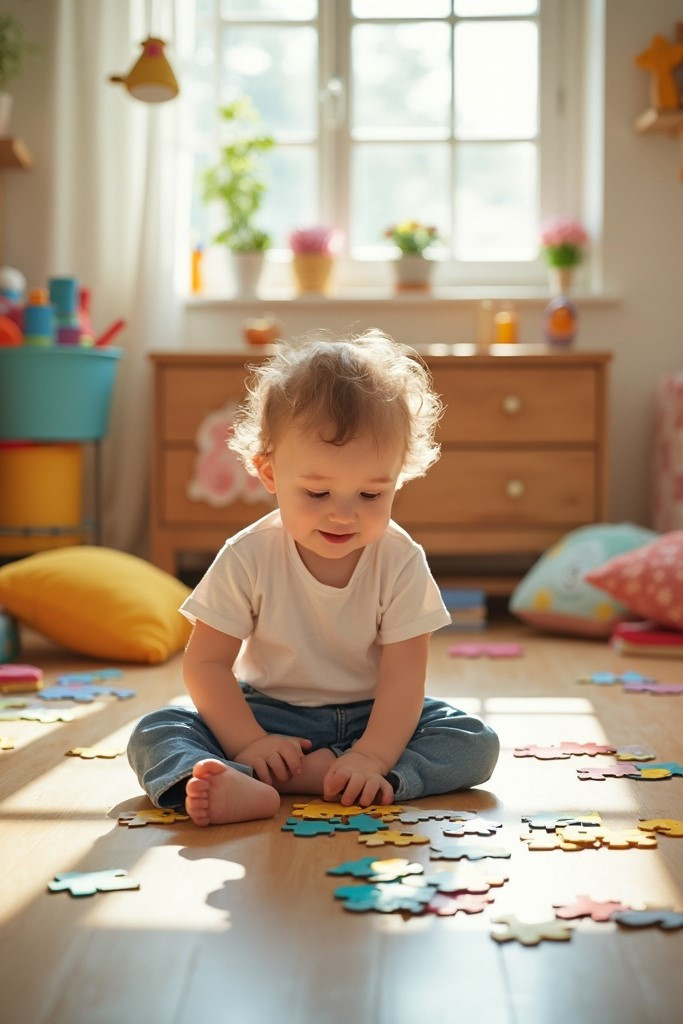
Open-Ended Play to Foster Focus
Open-ended toys like building blocks or puzzles are fantastic for encouraging focus and creativity in hyperactive children. These toys help develop patience and independence while allowing kids to engage in longer periods of concentrated play. By providing them with activities that have no predefined outcome, you allow them to create, solve problems, and practice self-regulation—all of which contribute to managing their hyperactivity.
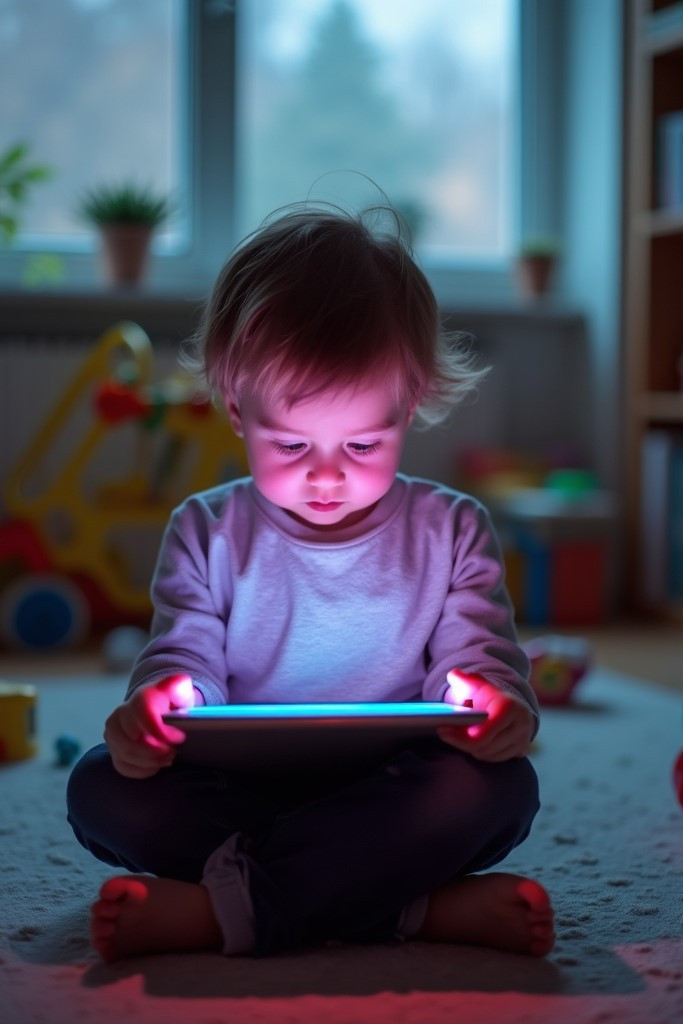
Managing Screen Time
For hyperactive children, limiting screen time is crucial. Digital screens can overstimulate their already active minds, potentially increasing hyperactive behaviors. Instead of relying on tablets or televisions for entertainment, encourage physical activities or open-ended play that engages both their body and mind. This can help prevent overstimulation and promote more balanced energy throughout the day.
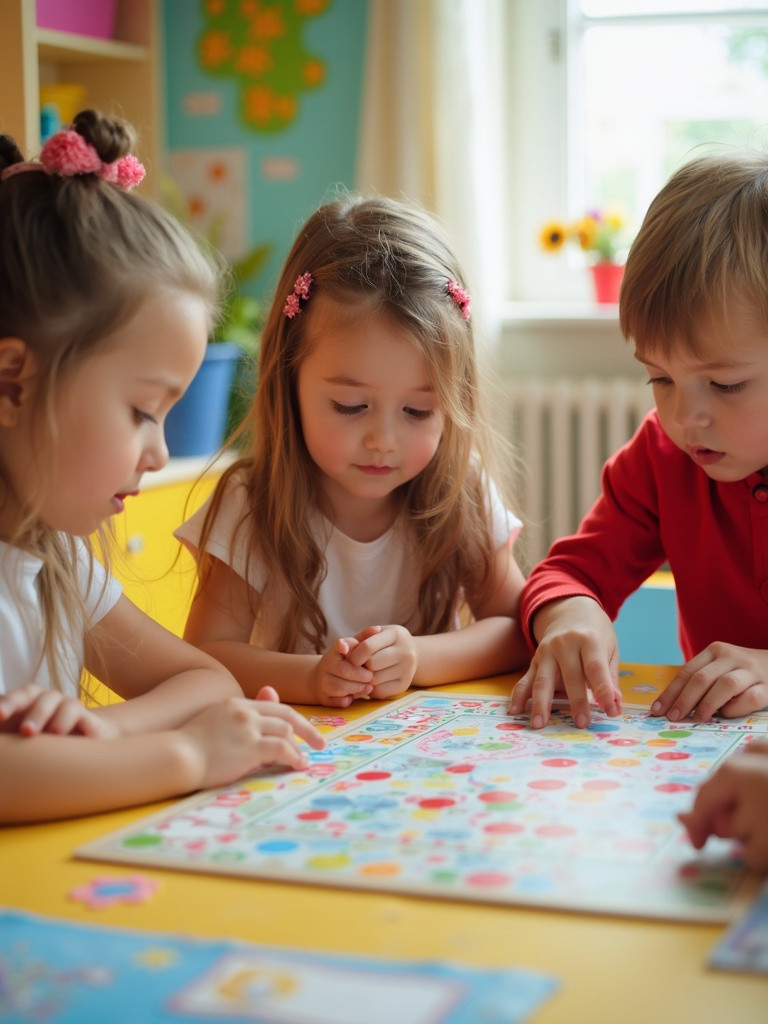
Encouraging Social Play to Build Skills
Hyperactive children often struggle with boundaries, waiting their turn, and managing impulses. Encouraging structured social play is key to developing these skills. Activities like board games that require turn-taking, team sports that promote cooperation, and role-playing exercises can help children practice patience and understand social dynamics. These activities teach empathy, help children learn to respect others, and improve social interactions, all in a controlled and supportive environment.

Celebrate Your Child’s Strengths
Hyperactive children have wonderful strengths, such as creativity, curiosity, and an adventurous spirit. Celebrate these qualities by recognizing their accomplishments with specific praise like "I love how creative your drawing is!" or setting up an "Achievement Wall" to display their successes. Celebrate milestones with small rewards, involve them in family decisions, and publicly acknowledge their wins. These celebrations can help boost their confidence, reminding them that their energy can lead to wonderful achievements.

Parental Self-Care is Essential
Raising a hyperactive child can be physically and emotionally demanding, and parents need to take care of their well-being too. Parental self-care is essential. Taking time for yourself ensures you have the patience and energy to support your child. Make time for activities that help you relax, whether it’s spending a few quiet moments reading, connecting with other parents, or simply taking a walk. Don’t hesitate to seek help or share responsibilities with family members or friends when needed. Remember, taking care of yourself allows you to be a better parent.

When to Seek Professional Support
If hyperactivity persists and continues to impact your child’s daily life—leading to problems at school, home, or in social situations—it may be time to consult a healthcare professional. Early intervention can make a big difference in managing symptoms effectively. Speaking to a child psychologist, counselor, or pediatrician can provide a clear diagnosis and tools to help both you and your child.
Conclusion
Managing hyperactivity in children requires patience, structure, and supportive strategies. By implementing consistent routines, encouraging physical and social play, celebrating strengths, and practicing self-care, parents can help their children channel their energy in positive ways. If hyperactivity becomes overwhelming, don’t hesitate to seek professional support. Remember, every child is unique, and finding the best approach for yours will help them thrive and grow.
